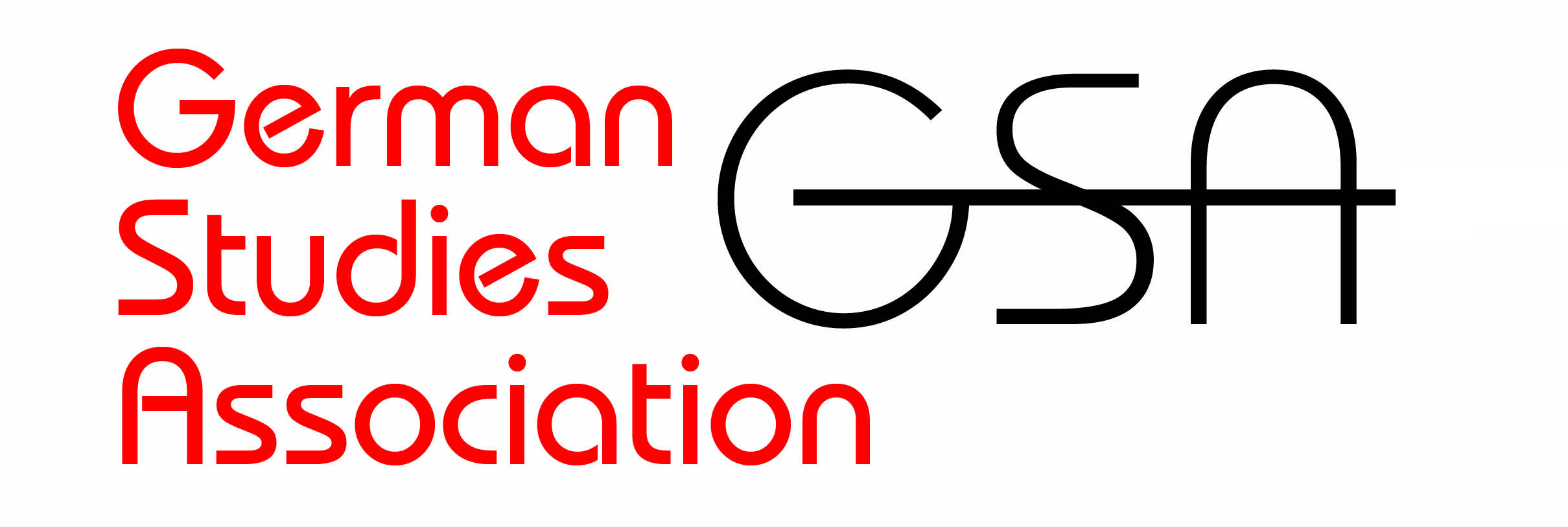In full agreement with expressions of deep concern on the part of members of the GSA, the Executive Council has sent the following statement opposing the termination of World Languages at West Virginia University to the contacts recommended by our impacted colleagues. We would like to thank you for your vocal advocacy and for providing expert insights and perspectives in support of the preservation of subjects core to our disciplines, especially German language and German-speaking cultures. Individual EC members have also signed the open letters and petitions circulated by faculty and students at WVU, the Joint National Council of Languages and the Diversity, Decolonization and the German Curriculum collective and encourage you to consider doing the same.
We as officers of the German Studies Association write this letter in the name of our members to urge you emphatically to preserve the teaching of World Languages by disciplinary experts at West Virginia University by reversing the recommendation to close the World Languages program and terminate the work of its world-class faculty.
Language learning provides pathways to educational opportunities, jobs, and professions that rely on clear communication and cultural literacy. Language departments and the professional organizations that serve them cultivate local, regional, and international relationships that generate the kinds of exchanges, activities, and growth that feed economies. Global corporations and national employers are more inclined to do business with and to trust partners who have demonstrated an investment and interest in bilateral exchange. A workforce that has been given access to the highest quality of language instruction provides an unmistakable signal of that investment.
On an individual level, the academically trained professionals who teach languages provide highly individualized guidance toward internships, apprenticeships, fellowships, scholarships, and advanced degrees that students nationally cite as crucial to their success in achieving their college and post-college goals. Moreover, West Virginia University’s World Languages faculty counts among its members numerous internationally recognized researchers and scholars (including members of our own organization), who not only demonstrate the exceptional teaching and mentoring skills referred to above, but who win grants, fellowships, and awards and consistently publish articles and books that drive knowledge forward in a variety of fields around the world. They are among the parties who bring tuition and grant revenue to the university and have made WVU the only university in the state granted the Carnegie classification of R1 signifying the highest level of research activities based on types of degrees granted and research expenditures. Students from both inside and outside your state choose WVU for exactly these qualities, which are now being put at risk.
Departments outside of language programs – such as engineering, business, and medicine, as well as history and law – depend on their colleagues who are experts in languages and cultures to provide students with essential complementary knowledge and skills that make them competent and competitive in today’s workforce. While it may appear that apps or computer programs can “teach” language or that students can acquire cultural knowledge and communicative competencies via distance or shared courses, those of us who spend our days in the classroom know how unique the student population of each college and university is – all the more so in the case of state-based, public institutions. Programs like World Languages at WVU provide a facet of education that cannot be automated or outsourced to those who are not nearly as familiar with or devoted to your unique student population as your own faculty are.
To terminate the economically, culturally, and intellectually valuable work done in the World Languages program at WVU would be detrimental to your state, its young people, and your emerging workforce in ways that might not yet have been taken into account in the decision-making process. We at the German Studies Association urge the campus administration and relevant state representatives to preserve the study of world languages, linguistics, and cultures as essential components of the university curriculum. We would like to close by offering to connect you with experts in our organization who would be available to engage in pragmatic conversations about how to support language and culture instruction by resident faculty in ways that would continue to best serve your faculty, staff, students, and community. Please feel free to contact us at director@thegsa.org and president@thegsa.org.
Sincerely,
Sara F. Hall
